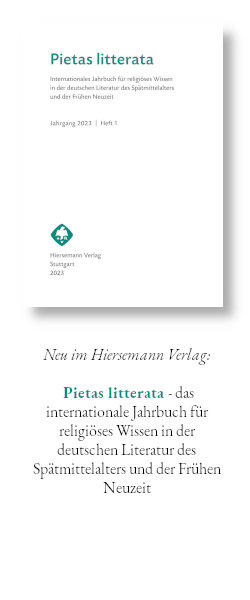A Latin Pun from the First Plague Pandemic
DOI:
https://doi.org/10.36191/mjb/2023-58-1-2Schlagworte:
plague, paronomasia, pandemics, late/vulgar Latin, phonetic change, Gregory of Tours, Council of Toledo XVI, Council of Toledo XVII, sermonsAbstract
A group of sixth- and seventh-century Gallic and Iberian texts written in the context of the First Plague Pandemic (541 – c. 766) uses the same pun on the name of this epidemic disease. The Gallo-Roman historian Gregory of Tours, the drafters of two Visigothic conciliar preambles, and the author of an anonymous sermon on the plague juxtapose the verb ingruere with common names for bubonic plague (inguinaria lues, inguinalis plaga). Postclassical phonetic change suggests that this juxtaposition entailed greater aural similarity in Late Latin than would have been the case in Classical Latin. The article argues this paronomasia was intentional, and not intended by its authors as lighthearted, but as a serious rhetorical and moral observation.


